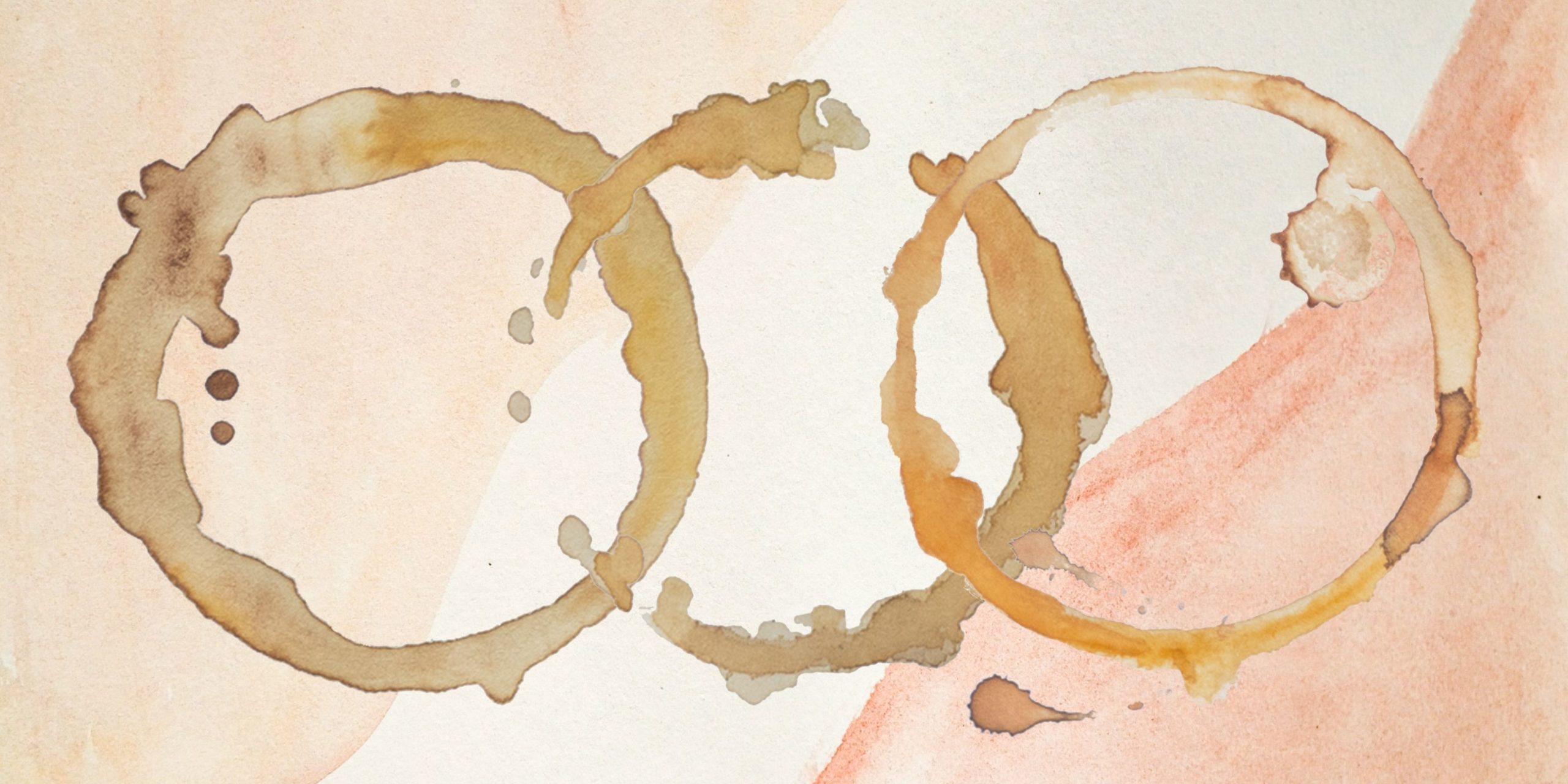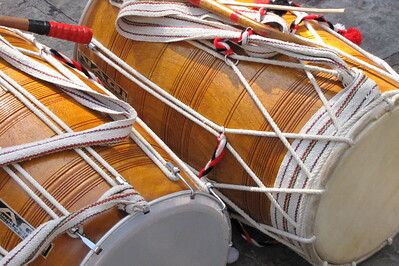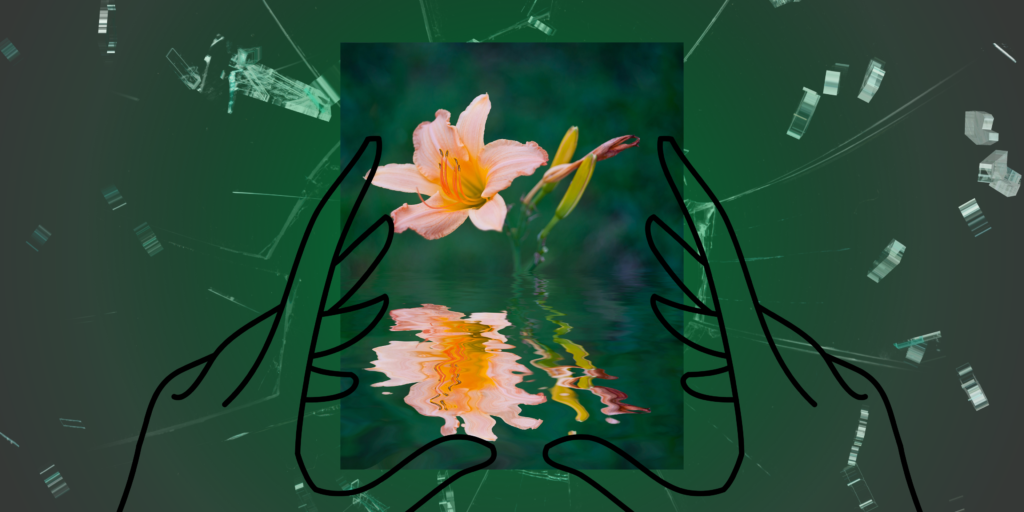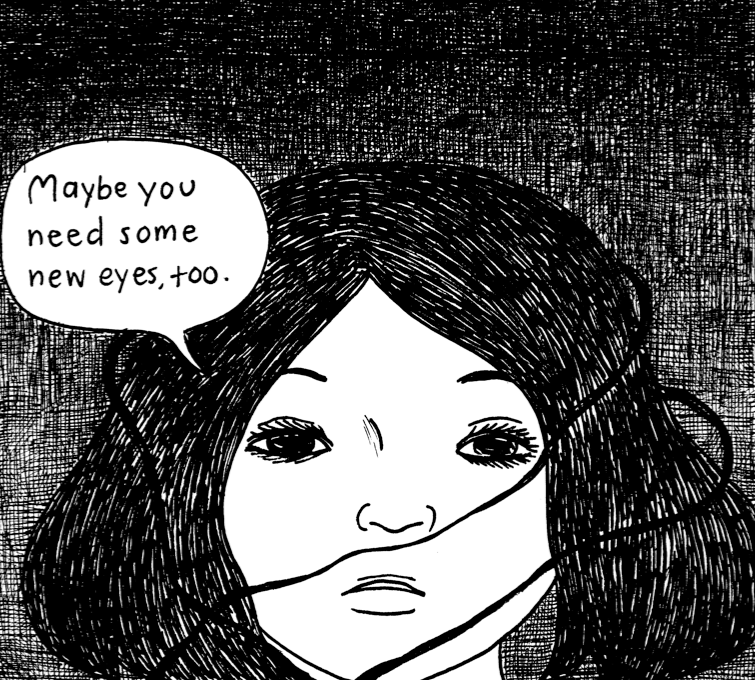I had vowed to be different, but I wasn’t able to escape servitude, even eight thousand miles away in New York.

May 20, 2022
It was late afternoon in the coffee shop; half our patrons drank espressos and the other half went for boxed wine. I nodded to a red-haired regular, who tapped away on her laptop with a glass of white in front of her. We never spoke, but the shop provided a sense of belonging without speaking that cannot be explained to non-city folk. It was here I learned the ways of the world.
The door swung open, ushering in Julie and a blast of wind. She sauntered in a full hour after the start of our shift. Her lateness was annoying, but she looked bad. Her once round cheeks had hollowed, and her blonde hair was now stringy and unwashed.
“Sorry,” she said, averting her eyes.
“No problem.”
Julie headed straight to the back. Vijay, the owner’s brother, followed her into the pocket-sized storage room and shut the door. I knew not to disturb them even though I needed to replenish the milk before the patrons grumbled.
The red-haired woman looked in my direction, her brow raised. Perhaps she had caught on to them.
A patron informed me the milk was out. “Just one minute,” I said, offering a reassuring smile. Julie and Vijay were still in the storage room.
One year ago, I had guzzled boxed red wine with Julie to celebrate nothing in particular. Sweet, virtuous Julie, full of optimism and life, who split our tips evenly.
“I wanna meet your family in Kat-Man-Du,” she had said.
“Sure, we will buy tickets with our tips,” I said.
Julie had laughed her infectious laugh and played Bob Seger’s “Katmandu” as an homage at least once every shift. She was hopeful, which made me hopeful. How innocent it was back then before she had surrendered to the needle.
Ten minutes later, they emerged from the storage room. Vijay handed Julie a wad of cash from the register, and then with another bluster of wind, she left, compelling me to work the shift alone again.
The red-haired woman made eye contact with me again for a quick moment before she returned to her laptop. She typed at a rapid pace, hit by inspiration.
“The milk’s out,” I said to Vijay, not ready to enter that soiled storage room. He smirked before he retrieved the milk.
“Mop the floor before someone trips,” he said. Like a trained dog, I obeyed pronto, swallowing my disgust at his hairy arms and off-putting swagger.
My father had slogged for an overbearing boss, and I had vowed to be different, but I wasn’t able to escape servitude, even eight thousand miles away in New York. I wiped down the surfaces, filled the salt and pepper shakers, and swathed the sandwiches and pastries in tight saran wrap, careful not to waste and careful not to ruffle feathers, like my obsequious father.
The red-haired writer snuck glances at me as I worked. Or perhaps I snuck glances at her. She came to the coffee shop every Thursday night, ordered white wine, and worked on her manuscript. I had stories to tell her about my wayward colleagues, the finicky patrons, and the owners and their illicit schemes.
Vijay’s brother, Raj, came into the shop a day early, unexpectedly, and headed straight to the register.
“We’re short,” he said, as he tabulated the receipts. Vijay shrugged. Raj looked in my direction, his eyes probing.
“Search me,” I said, my chin raised, defiant. As Raj rifled through my backpack, I felt exposed, like being frisked by an aggressive cop. The coins that rattled were accounted for: the meager tips I had pocketed before anyone else could.
During the humiliating search, I thought of Julie’s needy face and her storage room tryst, and nearly ratted out Vijay, who was eyeing me. I almost walked out then and there, but held it in, like my meek father. Vijay smiled at me as insincere as an artificial plant, believing me his ally.
Raj and Vijay sat at the corner table where they discussed things I could not hear. I brought them sugary lattes like a lackey, as I repressed the memory of the recent search.
“Thank you,” Raj said.
“No problem,” I replied. “Would you like anything else?”
“You know, the register’s been short. We’re keeping an eye on you.”
“What are you trying to say?”
“Lose the attitude,” Raj said. “I can find another Nepali peon tomorrow.” He pulled his eyes apart to slant them. I remained stoic, determined not to react, while my heart palpitated. The red-haired woman glanced in our direction from across the room as she typed, watching our exchange, her eyes sympathetic. Perhaps she was writing about us.
Once they left, I poured a glass of wine to the rim and took in a long, deep swig. I approached the red-haired woman, full of wind and rain, wanting to bring her into my vortex. Was she ready to develop our silent friendship, or would I be disrupting her routine? Would she be wary, or would she be an ally?
“Have a seat,” she said.
Our knees almost touched under the narrow table in the gray gloom. In the intimacy of our gathering, I fixated on her freckles, too many to count. Other patrons spoke louder, competing with one another to be heard above the collective din.
“Are you writing a novel?” I asked.
“Yes! It takes place in a coffee shop.”
“I could tell you stories.”
“Great. By the way, that Indian guy, the owner, I think, he’s your father, right?” she asked.
The chilly wind blasted in once again and brought in another patron. I chugged my wine and got up to tend to him, leaving our conversation unconsummated. Perhaps it was better this way.



